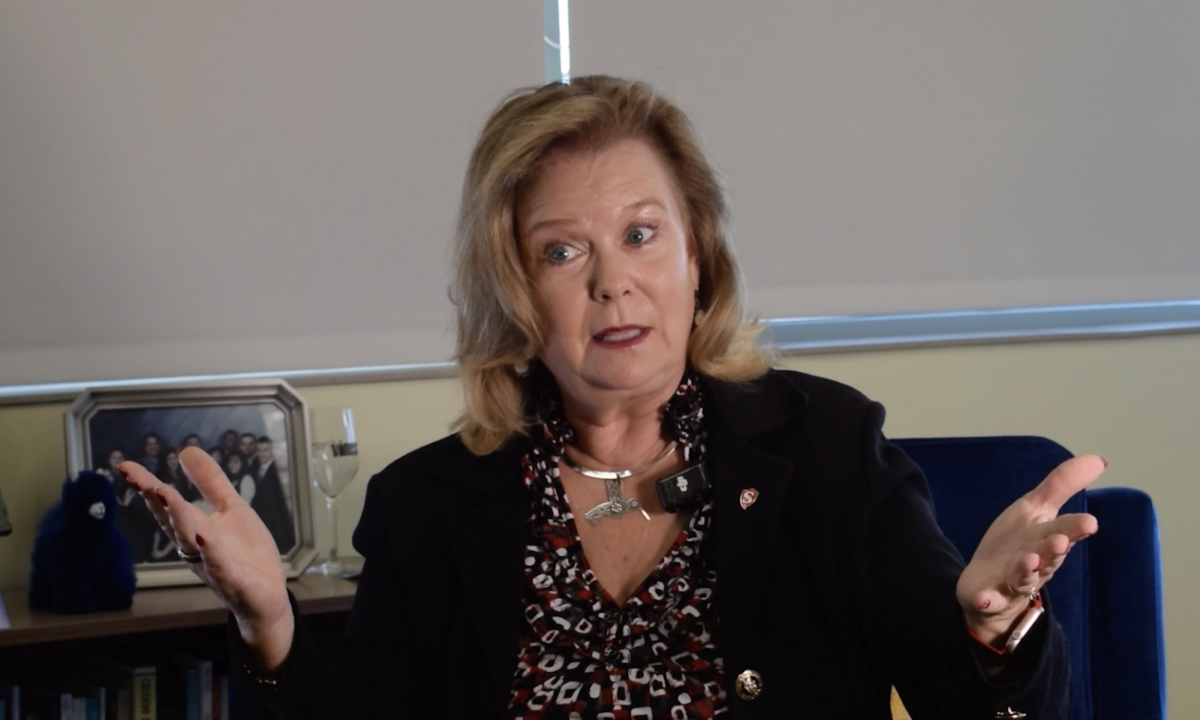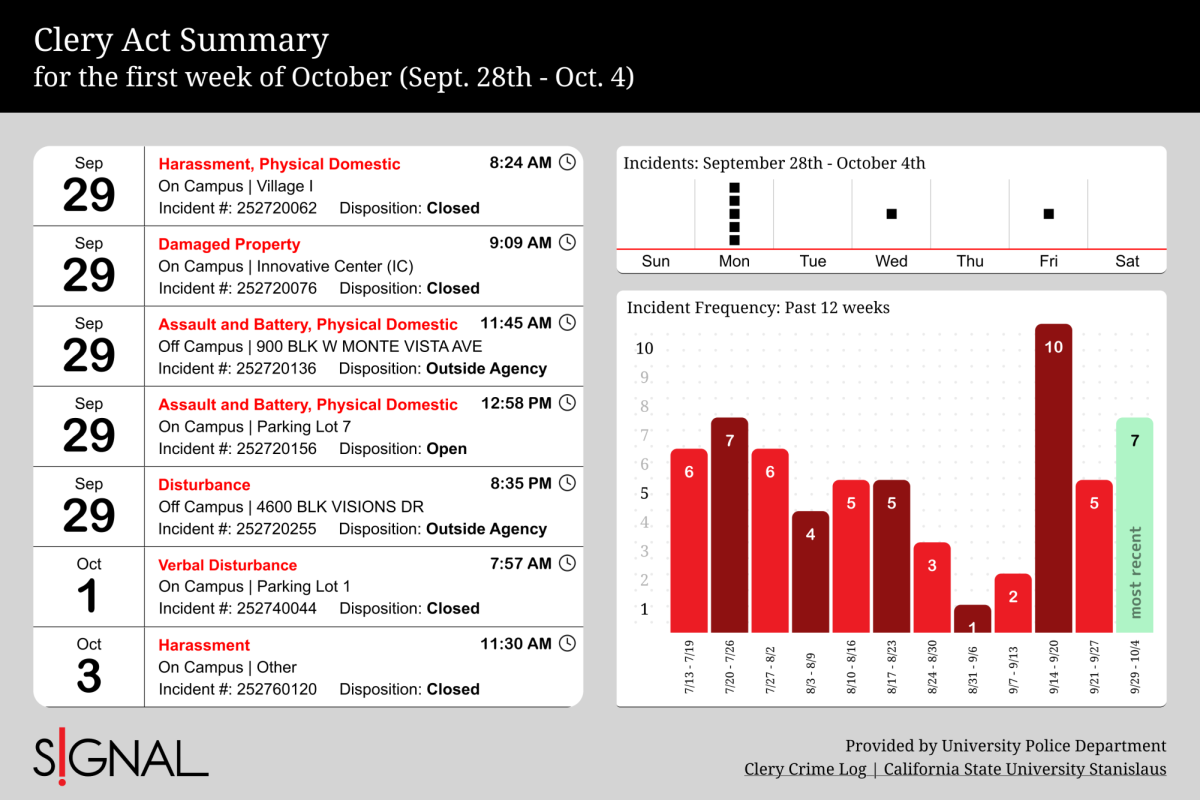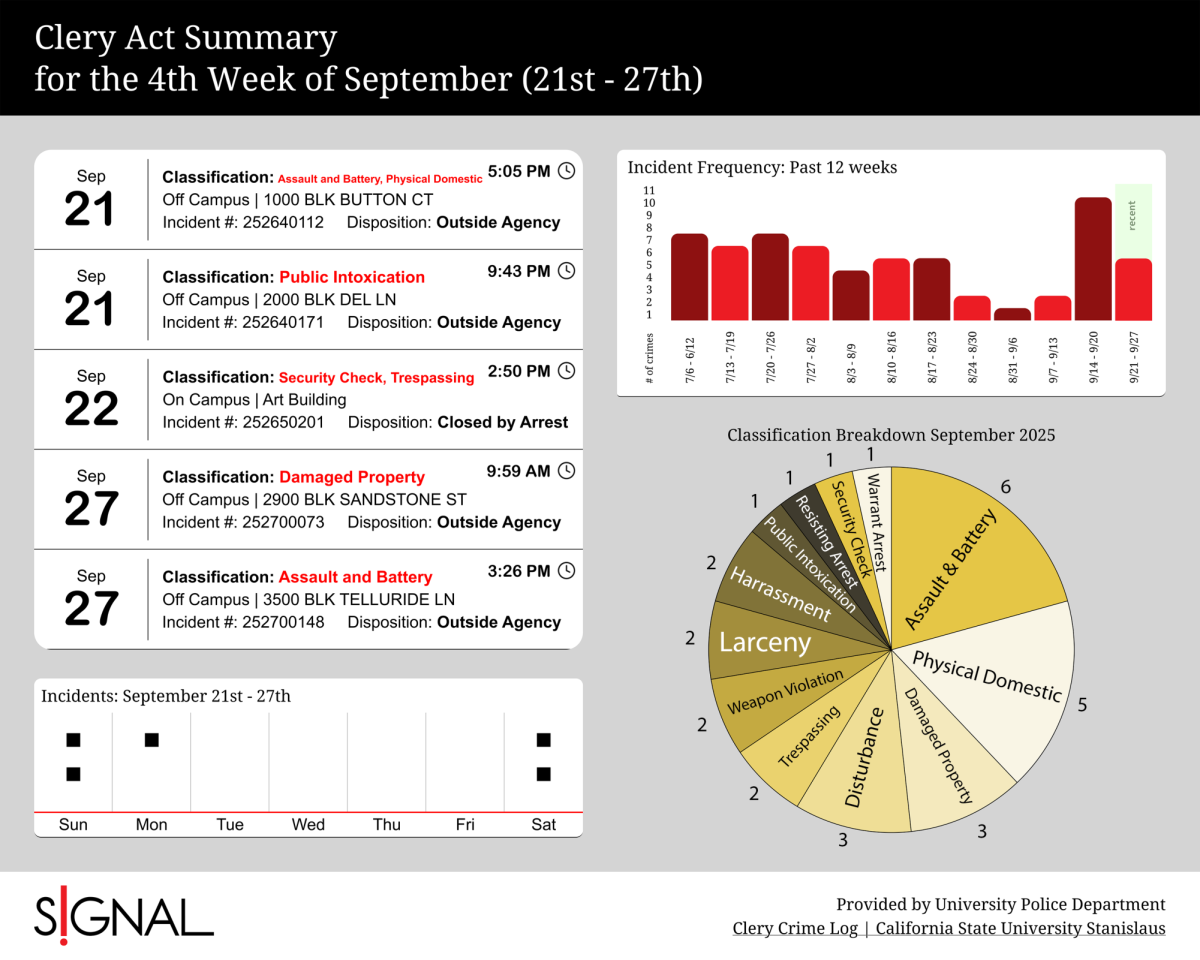With a projected 20 million people at risk for eviction in the United States, including 4 million in California alone, Governor Gavin Newsom’s signings of The Tenant Relief Act of 2020 and Executive Order N-28-20 provides a requisite relief for California residents fearing eviction.
Economic Consequences of COVID-19
Besides the health hazards presented by Covid-19, this disease has also disrupted Americans’ financial well-being. Despite an incremental reopening, not all businesses were capable of surviving the economic blow dealt by the pandemic. JCPenney, J.Crew, and 24-Hour Fitness are only three of the many companies who faced substantial losses.
As a result, many companies resorted to expense-cutting methods, such as reduced hours, furloughs and layoffs to offset their financial losses. With reduced wages, or no wages at all, many were left with the prospect of being evicted from their homes due to an inability to pay rent.
This prompted California Governor Gavin Newsom to sign Executive Order N-28-20 on March 16, authorizing local jurisdictions to limit their enforcement of evictions for individuals whose loss of income was caused by Covid-19.
This executive order did not prohibit evictions, however it did provide police jurisdictions with greater freedom to delay evictions for those who have been financially affected by Covid-19.
Despite its limitations, the relief that it did provide was set to expire on the 1st of September alongside the executive order.
Renewed Protections for Tenants
In response to the end of Executive Order N-28-20, California legislators passed AB 3088: Tenant, Homeowner, and Small Landlord Relief and Stabilization Act of 2020. Below are some important details of the new bill:
- Tenants who have suffered financial hardships caused by the Covid-19 pandemic during the period of March 4 – August 31, 2020, and were unable to pay the accrued debts during that period, will be protected from eviction given that they’re able to provide a declaration of hardship.
- Tenants who suffered financial hardship caused by Covid-19 from September 1st up until January 31st will be protected from eviction if they can provide a declaration of hardship and if they pay at least 25% of their rent.
- These protections apply to all tenants, regardless of immigration status.
- Tenants are still liable for the accrued debt; beginning on March 1st, 2021 landlords will be able to begin collecting payments for the accrued debt.
- These protections only apply to those who were financially affected by the COVID-19 pandemic and have documented proof, those who do not meet these qualifications are still able to be evicted.
During the announcement of AB 3088’s passage, Governor Newsom explained “struggling renters need protection from evictions for missed rent, and property owners need relief from foreclosure. Our agreement today provides both.”
This relief will be felt by those experiencing financial hardship during this pandemic, and student tenants have a lot to gain from this.
AB 3088’s Effect on Student Life
University students tend to value their academic performance, so it’s reasonable to be concerned about things that potentially stand to impede their academic performance. What tends to be the usual culprit behind academic failure? Stress.
According New York University’s website on safety, health, and wellness, “stress is the number one reported impediment to academic performance. ”The National Institute of Health (NIH) reports that the consequences of psychological stress include increased depression, anxiety disorders, and drug addiction – all of which are detrimental to students’ ability to concentrate on academic work.
Students who pay rent are not only burdened by the stress of having to afford tuition, food, and textbooks, but they are also greatly concerned about whether they can afford a roof to live under, especially in the times of a global pandemic.
The usual stress associated with being a student is now being escalated due to the dangers of Covid-19, the loss of income from an ongoing pandemic, and an inability to afford housing have all conspired to form a vicious cycle of psychological stress that continually diminishes students’ capacity to succeed academically.
Stan State student Lurdes Carrillo (senior, Child Development) spoke about her difficult experience of having to pay rent during the pandemic.”Somehow I tend to stretch my money, but sometimes I have to ask my parents if they can help me out.”
Carrillo also said that she thinks it would’ve been helpful to have had a break from the obligation to pay rent, particularly during the first few months of the pandemic.
While AB 3088 does not offer a break without the accumulation of debt, it does temporarily reduce the financial burden on tenants who’ve been affected by the economic ramifications of Covid-19.
Stan State student Abraham Montejo (junior, Business Management) is benefiting from this new legislation. “Having to worry about paying rent before Covid-19 was [already] stressful enough. After my hours at work were reduced, I was starting to have doubts about how much longer I could afford to live in my apartment,” Montejo explained.
After learning about some of the protections AB 3088 provides, Montejo says he can now focus more on his schoolwork instead of how he is going to pay his rent.
Silver Linings for the Turlock Community
Despite the statewide economic damage inflicted by Covid-19, the city of Turlock fared better than some its neighbors. Nearby cities such as Modesto, Stockton, and Merced all have a higher unemployment rates than Turlock.
According to Maryn Pitt, Assistant to the City Manager for Economic Development and Housing, the Turlock community benefited from a stable workforce and from compassionate landlords who sought to help tenants struggling to pay rent.
Nonetheless, the city of Turlock was still affected by Covid-19. Its unemployment rate rose from 6.5% to 17.5% during the pandemic.
Jose Ayala is a Turlock resident who was fortunate enough to avoid the economic repercussions of COVID-19. “I’ve heard a lot about people losing their jobs because of Covid-19. Luckily my family and I haven’t had to worry about that,” said Ayala.
Turlock was definitely hit by the pandemic, but because the city’s workforce centered around companies that fell under the essential industry category a stable workforce was maintained.
A recovering unemployment rate, a stable workforce, and compassionate acts from landlords are all indicators of a robust community – not immune from the economic consequences of a global pandemic, but strong enough to adequately respond.
It’s important to remember that this legislation does not waive the debt away. Those who pay rent must still pay whatever debt they accumulated during the periods in which they were unable to pay rent, and landlords will be able to begin collecting payments for tenants’ debt on March 1, 2021.
However, amid a battle against a deadly respiratory disease and its economic ailments, California residents can rejoice at the fact that AB 3088 has provided something much needed during this pandemic – room to breathe in the form of eviction relief.







